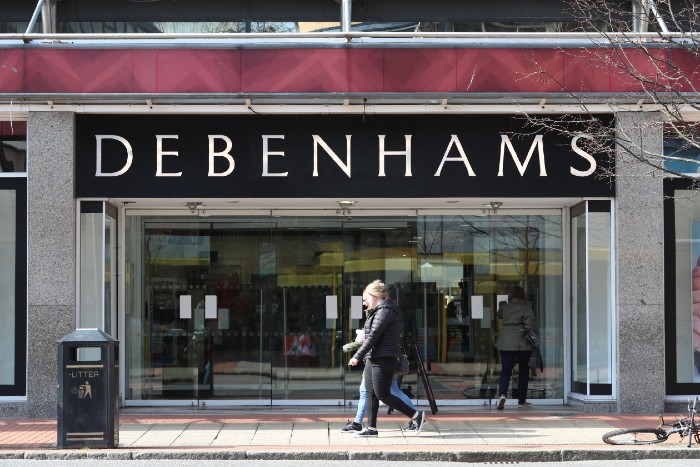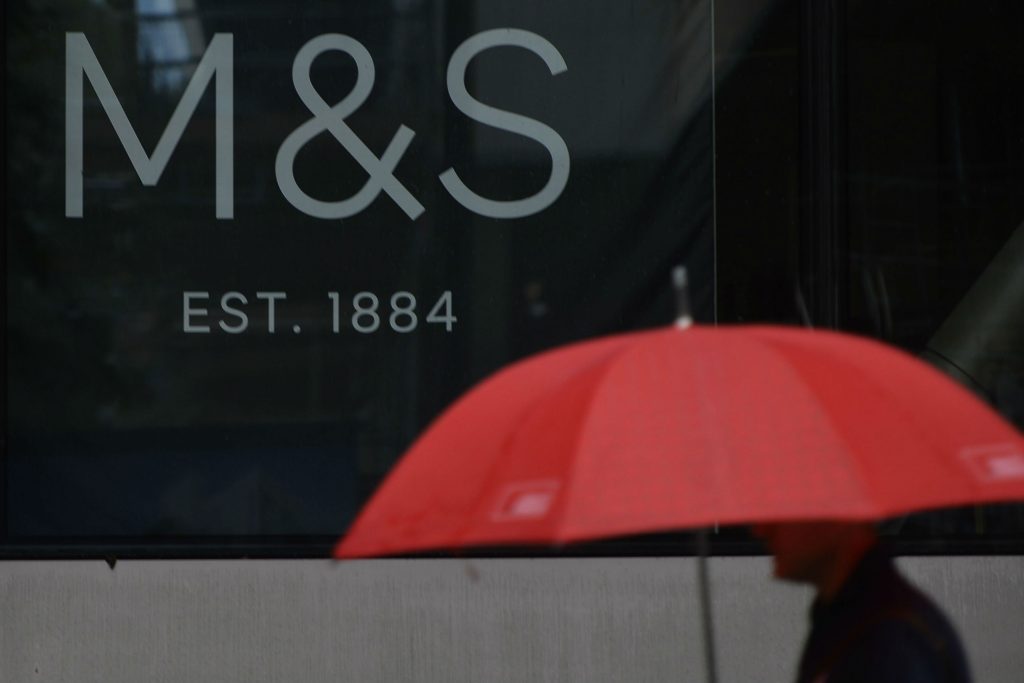// Experts say Debenhams’ victory in the High Court yesterday was the most significant one yet for the CVA model
// A CPC lawsuit against Debenhams’ CVA was rejected, meaning Debenhams can now go ahead and close down 22 stores
// Sports Direct submitted a challenge against Debenhams’ CVA in June, but this was dropped in favour of funding CPC’s lawsuit
Legal experts have highlighted the significance of Debenhams’ victory in the High Court yesterday, when it won a legal challenge against its CVA.
The department store was taken to court by Combined Property Control Group (CPC) – the landlord of six Debenhams stores in England – over the argument that its CVA was “designed to create a situation in which the company’s general body of unsecured creditors is paid in full at the expense of certain landlords and local authorities”.
CPC’s legal challenge was financially supported by Mike Ashley’s Sports Direct, which dropped its own legal challenge against Debenhams in July.
However, High Court judge Justice Norris rejected CPC’s challenge on four of the five grounds addressed.
READ MORE:
- High Court rejects Sports Direct-backed lawsuit on Debenhams CVA
- Sports Direct wants to “drive Debenhams into administration” in CVA lawsuit, court told
- Judge allows expedited Debenhams CVA lawsuit
The remaining ground was addressed by the deletion of a technical provision of the CVA relating to landlord forfeiture.
While it can be appealed, Norris’ ruling gives Debenhams the final green light to push ahead with its CVA.
The department store said stores will operate as usual until Christmas, but by January 2020 it will shut down 22 stores and rent reductions or lease negotiations on a further 105 stores will have been sought.
After the initial batch of store closures, the department store will eventually close down a total of 50 of its 166 stores.
Thousands of jobs are estimated to be cut as a result of the CVA process.
Sports Direct – which was once Debenhams’ biggest shareholder with a near-30 per cent stake – had initially submitted a legal challenge in June, but this was withdrawn the following month in favour of funding CPC’s lawsuit.
A third legal challenge, brought forward by M&G Real Estate, was also withdrawn in July after negotiations between the property firm and Debenhams resolved concerns between the two parties.

Michael Mulligan, insolvency partner at law firm Shakespeare Martineau, said CPC’s lawsuit was the “most high-profile legal challenge to date” for the CVA model.
He also said outcome “could be a bitter pill for Mike Ashley to swallow”.
“Challenges to CVAs based on unfair prejudice are rare in themselves and even more rarely successful,” he told Retail Gazette.
“Just because the CVA is unfair to one group of creditors, it doesn’t mean that it is unfair to all of them.
“The court has properly blocked Mike Ashley’s attempt to push Debenhams out of business. However, only time will tell as to whether the company can survive long term.
“Whilst it looks as though the CVA rescue model is here to stay for the time being, the court’s decision only delays the inevitable for the ailing retailer.
“The CVA is a sticking plaster over a gaping wound, when really a more intensive turnaround and restructuring is needed if Debenhams is to survive.”

Simon Underwood, business recovery partner at accountancy firm Menzies LLP, highlighted how this was the “most most significant legal challenge to date” for the CVA rescue model.
“The outcome leaves Debenhams’ creditors firmly in the driving seat, and Mike Ashley out in the cold,” he told Retail Gazette.
“Landlords are being forced to share in the pain of many high street retailers, as consumers change their shopping habits, and property rents are tumbling across the board.
“Based on [the] ruling, [landlords] need to start viewing CVA plans as a ‘market correction’ on the way to a fairer and more flexible rental system.”
Debenhams’ CVA was first launched soon after lenders took control of the retailer in April, when it fell into administration after months of poor financial performance.
The CVA proposals received the approval of creditors in May, with votes in favour of it surpassing the minimum 75 per cent threshold.
READ MORE:
- Sports Direct withdraws Debenhams CVA lawsuit, but will fund another
- M&G withdraws Debenhams CVA court case
- Creditors green light Debenhams’ CVA
Sports Direct had attempted to gain control of the department store chain in the months leading up to its fall into administration in April.
Ashley even staged a boardroom coup in January, unseating the retailer’s then-chief executive and chairman Sergio Bucher.
When lenders took control of Debenhams after it went into administration, it had already rejected an offer from Sports Direct to inject £200 million into the business.
Ashley, who had spent an estimated £150 million on his stake in Debanhams, eventually saw his all of his shares – as well as other shareholders – wiped out in the process of the lenders taking control.
Jim Tucker, restructuring partner at KPMG and joint supervisor of Debenhams’ CVA, said the insolvency process remains a key component of the department store’s wider financial and operational transformation programme.
He added that yesterday’s High Court ruling allows Debenhams to continue to progress with these plans.
“The Debenhams CVA proposal received overwhelming levels of support from the company’s creditors, so we are pleased that today’s judgement confirms that it will continue to be effective,” he said.
Sports Direct has not commented on the High Court ruling.
Click here to sign up to Retail Gazette’s free daily email newsletter


















